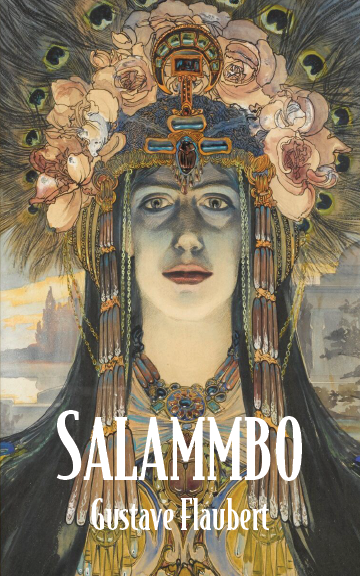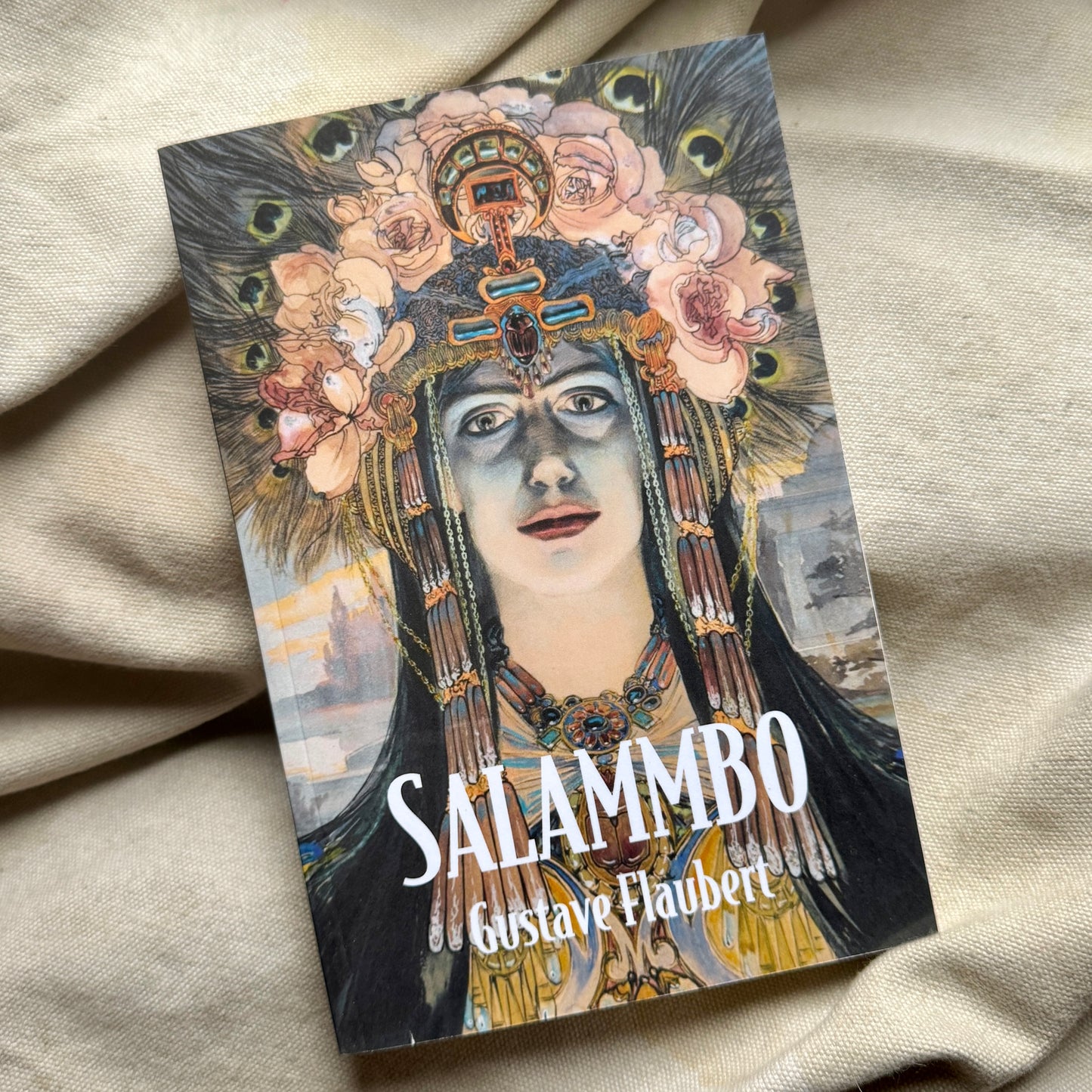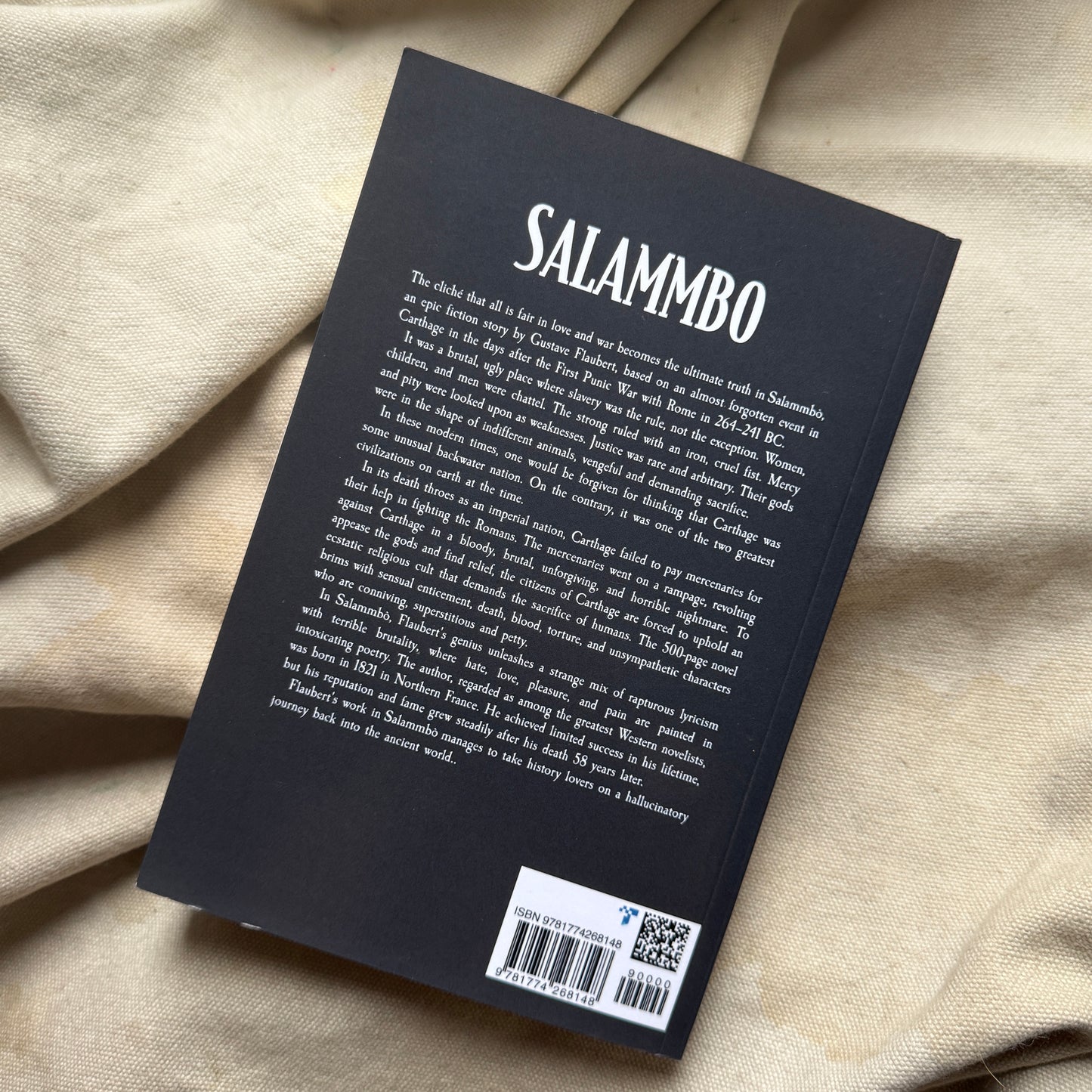Salammbô
Salammbô
The cliché that all is fair in love and war becomes the ultimate truth in Salammbò, an epic fiction story by Gustave Flaubert, based on an almost forgotten event in Carthage in the days after the First Punic War with Rome in 264–241 BC.
It was a brutal, ugly place where slavery was the rule, not the exception. Women, children, and men were chattel. The strong ruled with an iron, cruel fist. Mercy and pity were looked upon as weaknesses. Justice was rare and arbitrary. Their gods were in the shape of indifferent animals, vengeful and demanding sacrifice.
In these modern times, one would be forgiven for thinking that Carthage was some unusual backwater nation. On the contrary, it was one of the two greatest civilizations on earth at the time.
In its death throes as an imperial nation, Carthage failed to pay mercenaries for their help in fighting the Romans. The mercenaries went on a rampage, revolting against Carthage in a bloody, brutal, unforgiving, and horrible nightmare. To appease the gods and find relief, the citizens of Carthage are forced to uphold an ecstatic religious cult that demands the sacrifice of humans. The 500-page novel brims with sensual enticement, death, blood, torture, and unsympathetic characters who are conniving, superstitious and petty.
In Salammbò, Flaubert's genius unleashes a strange mix of rapturous lyricism with terrible brutality, where hate, love, pleasure, and pain are painted in intoxicating poetry. The author, regarded as among the greatest Western novelists, was born in 1821 in Northern France. He achieved limited success in his lifetime, but his reputation and fame grew steadily after his death 58 years later.
Flaubert's work in Salammbò manages to take history lovers on a hallucinatory journey back into the ancient world.







